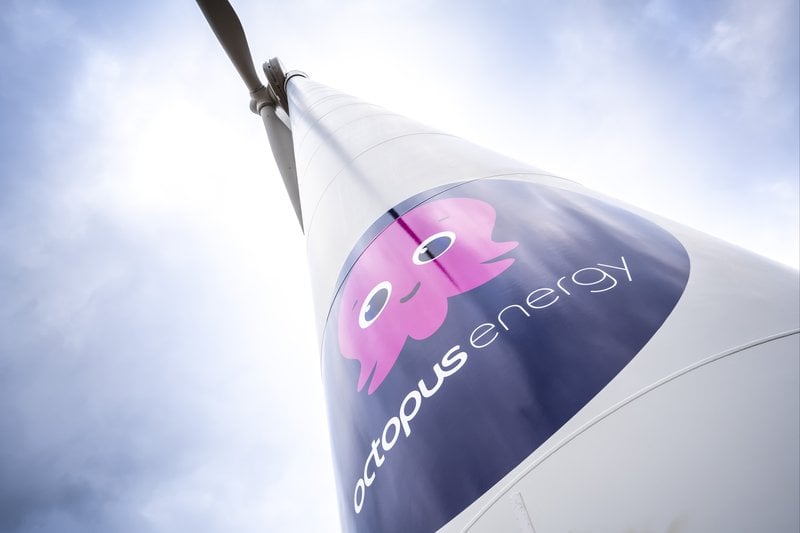Octopus Energy has launched “Free Electricity Sessions”, offering customers the opportunity to use electricity for free when the grid is at its greenest.
Customers who are signed up for the Octoplus reward scheme will be able to access cost-free electricity when the wholesale electricity price drops significantly or goes into the negative.
The aim of this scheme is to prevent renewable curtailment – by encouraging customers to use more electricity at times when there is an excess of green energy supply in the grid, the system can keep wind turbines running instead of being shut off to avoid grid overload.
In the past year, there have been 14 days where wholesale electricity prices dropped below £0 due to excess renewable energy demand.
Customers will be notified the day before any Free Electricity Session, and during the session, any electricity consumed above their normal average usage will be free of charge via a rebate to their bill.
Rebecca Dibb-Simkin, Chief Product Officer at Octopus Energy, commented: “Free electricity sounds like it’s too good to be true… but it’s real!
“By using more when there is plenty of renewable energy instead of when the grid is dirty, our customers can save money while making the grid greener and more efficient. It’s a win-win for our customers and the planet.”
Octopus continues making advancements in grid balancing
Octopus Energy recently partnered with SolarEdge on another scheme which can aid with balancing grid demand.
SolarEdge has now been integrated into Octopus Energy’s technology platform, Kraken. Customers of both SolarEdge and Octopus will be able to use Octopus Energy’s “Intelligent Octopus” smart import and export tariff, allowing SolarEdge customers to charge their home battery systems when demand is low and automatically sell energy back to the grid at times of peak demand.
The energy industry is increasingly focusing on curtailment costs, and plans to balance grid demand are becoming vital to the move to net zero. Energy storage developer Field recently released a report suggesting that wind curtailment costs could be cut by up to 80% annually if sufficient battery energy storage (BESS) projects are developed.






